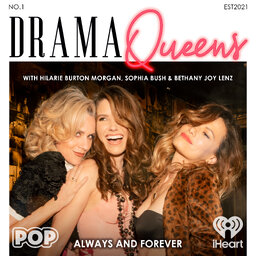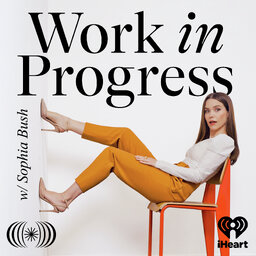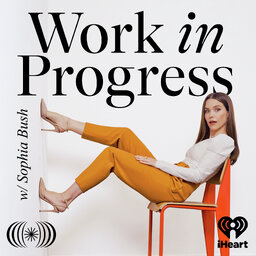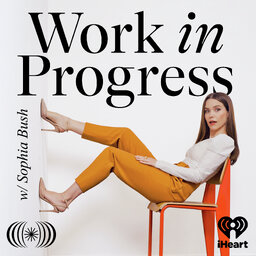Work In Progress: Jamie-Lynn Sigler
She lit up our screens in the iconic HBO series, The Sopranos and now she is inspiring people by opening up about her health journey.
Jamie-Lynn Sigler joins Sophia for an emotional chat about getting the role of a lifetime at 16 years of age, dealing with health problems at the height of her career, why she kept her diagnosis a secret, and the many women who helped her on her journey.
Plus, the actress tells all about her new podcast with Christina Applegate and the special bond they share.
 Work in Progress with Sophia Bush
Work in Progress with Sophia Bush



